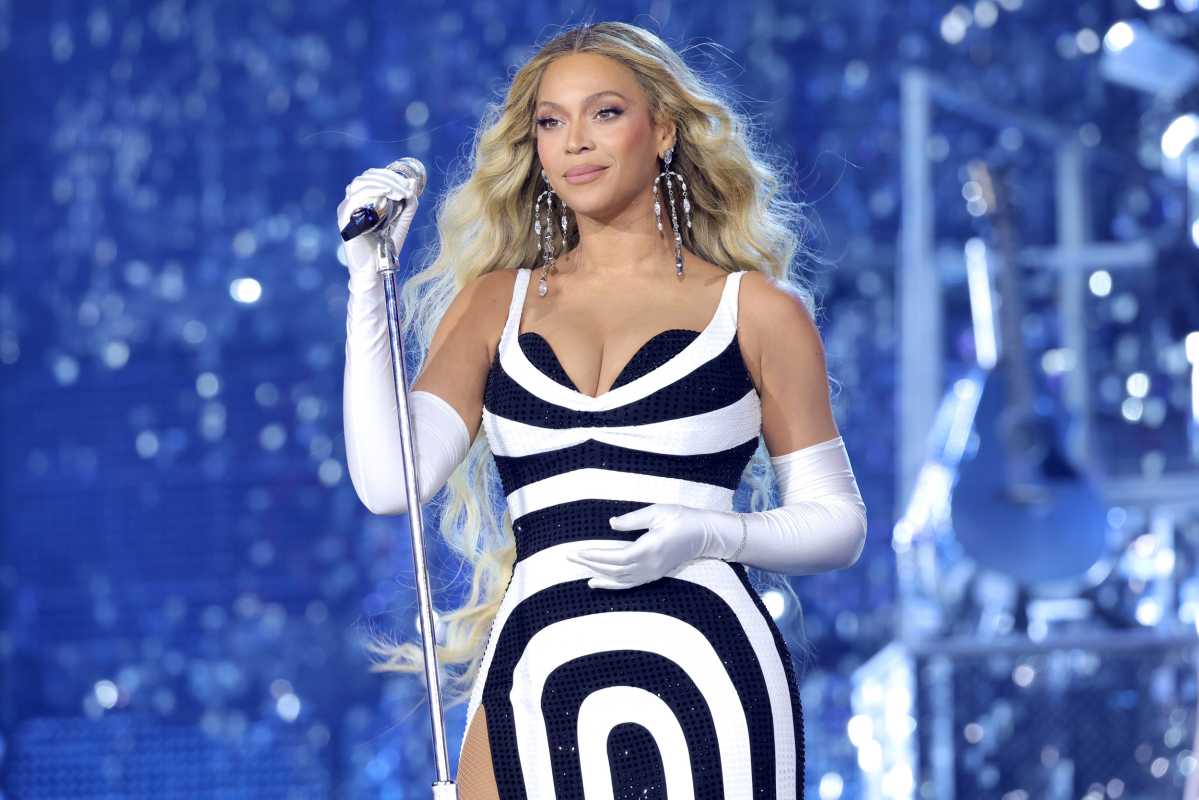Entertainment
Beyoncé Sparks Country Music Debate with New Album and Single

Beyoncé’s recent foray into the country music scene with her new album ‘Act II‘ and singles ‘Texas Hold ‘Em’ and ’16 Carriages’ has ignited a heated debate within the music industry. The Texas native made the surprising announcement during her appearance at the Super Bowl, signaling a shift in her musical style.
Following the release, a fan named Justin McGowan reached out to country station KYKC in Ada, Oklahoma, requesting the play of Beyoncé’s new single ‘Texas Hold ‘Em.’ Station manager Roger Harris initially declined, stating that they do not play Beyoncé as she is not traditionally considered a country artist.
The response from KYKC sparked backlash on social media, with many accusing the station of racism. However, in a turn of events, Harris later confirmed that they would indeed play ‘Texas Hold ‘Em,’ acknowledging Beyoncé’s new direction in music.
Roger Harris, with nearly five decades of experience at KYKC, expressed surprise at the overwhelming support for Beyoncé’s crossover into country music. He admitted that the station had not previously featured Beyoncé due to her genre, but welcomed her new venture.
The country music industry is known for its close-knit community of artists, songwriters, and producers, often maintaining a strict adherence to traditional country sounds. Artists who do not fit this mold, such as Zach Bryan, face challenges in gaining recognition on country radio.
While there have been successful instances of non-country artists embracing the genre, like Darius Rucker of Hootie And The Blowfish, the Nashville system remains a dominant force in shaping country music. Beyoncé’s entry into this landscape without direct ties to Nashville sets a new precedent in the industry.
As Beyoncé’s ‘Act II’ continues to garner attention and spark conversations, the intersection of pop and country music is set to undergo a significant evolution. With established names like Beyoncé challenging genre boundaries, the future of country music appears more diverse and inclusive than ever before.












